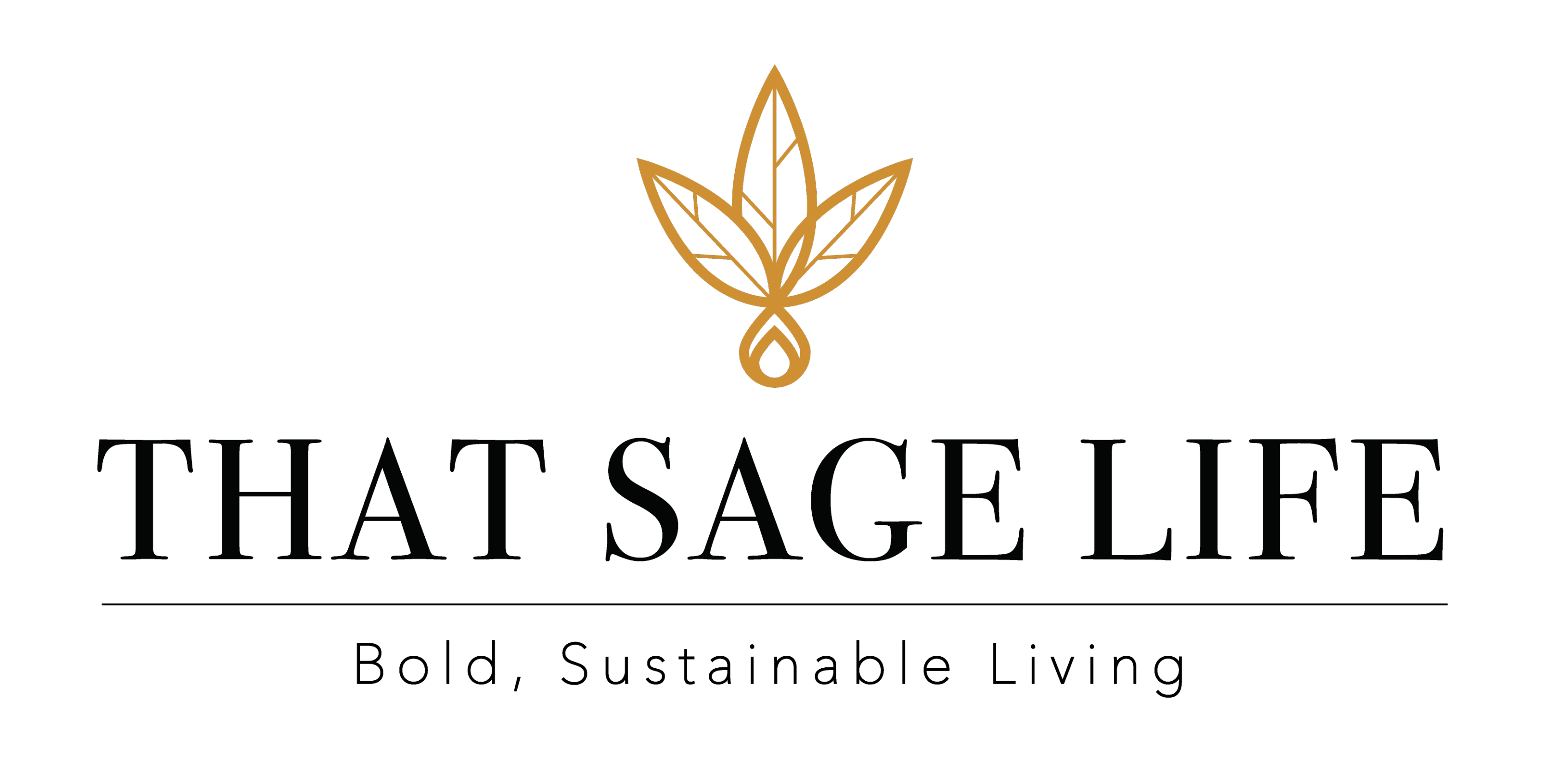In a world full of store-bought products loaded with unpronounceable ingredients, homemade soap is a refreshing return to simplicity. Not only does it clean your skin, but it also gives you control over what you’re putting on your body—and it’s easier to make than you might think.
Homemade soap typically uses a blend of natural oils (like olive, coconut, or shea), lye, and water. From there, you can customize it with essential oils, herbs, clays, or exfoliants to suit your needs and preferences. Want a lavender bar for relaxing showers? Or a scrubby citrus bar to wake you up in the morning? You can make it.
Beyond being customizable, homemade soap is also more eco-friendly. You can avoid plastic packaging, reduce chemical waste, and even use ingredients from your own garden or pantry. It’s a great project for anyone looking to live more sustainably or creatively.
If you’ve ever picked up a bar of handmade soap at a farmers’ market or online shop, you might have noticed the price tag is higher than the big-brand bars at the drugstore. So, what gives?
Here’s the truth: handmade, small-batch soap is more expensive because it’s better—for your skin, your health, and the planet. It's also higher priced because the smaller businesses making those products don't purchase the materials for those products at the mass quantities the larger companies do, making them unable to meet the lower per product price tags.
🌿 Quality Ingredients
Small soap makers use natural oils, butters, and essential oils—no cheap fillers, harsh detergents, or synthetic fragrances. Ingredients like shea butter, olive oil, goat milk, and lavender essential oil come at a higher cost, but they’re chosen for how they nourish your skin, not for how long they sit on a shelf.
🖐️ Made by Hand, Not Machine
Each bar is crafted, poured, cut, and packaged by hand. There’s real labor, time, and care in every step. Unlike mass-produced soap, handmade soap isn’t pumped out by the thousands in a factory—it’s made in small batches by people who care deeply about their product.
♻️ Ethical & Sustainable Practices
Many small soap businesses prioritize eco-friendly packaging, cruelty-free practices, and responsible sourcing. That means more cost on their end—but a better impact overall.
💡 Supporting Real People
When you buy handmade soap, you’re not just buying a bar—you’re supporting someone’s dream. You’re helping a local artisan pay rent, raise a family, or grow their small business—not adding to a corporate bottom line.

